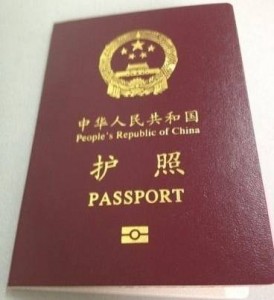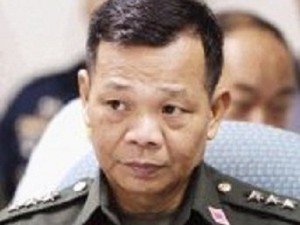
“They are very much welcome….We are promoting the people to people exchange as we have been trying to emphasize that the other aspects of our bilateral relations should move forward. We don’t think this will affect the tourism (industry) because we are not stopping them from coming to the country,” DFA spokesperson Assistant Secretary Raul Hernandez told reporters.
The Philippines had started to implement its new policy of stamping its visas on separate visa forms to holders of both old and new Chinese e-passports.
The Philippines, Vietnam, Taiwan and India protested a map on a new Chinese electronic passport that depicts disputed areas as belonging to China. Aside from the Philippines, Vietnam, Malaysia, Brunei and Taiwan also claim all or part of the territories in these waters, believed to be rich in oil and marine resources.
Hernandez emphasized that under the new policy, Philippine visas would be stamped on a separate visa form to be provided by the DFA’s posts abroad to Chinese nationals.
He added that the entry stamps would be affixed by Philippine Immigration officers on the same document and not on the new Chinese passports.
Chinese tourists, as well as many businessmen and students from the mainland, are among the top foreign visitors to the Philippines. Hernandez noted that last year, about 200,000 Chinese tourists visited the country.
“I’m sure that the numbers would be getting higher because our campaign and because of the decision of both governments to continue on and move forward with our bilateral negotiations,” Hernandez said.
Meanwhile, Hernandez noted that the DFA would be monitoring the agencies tasked to implement the new policy to make sure that instructions were being followed properly.


